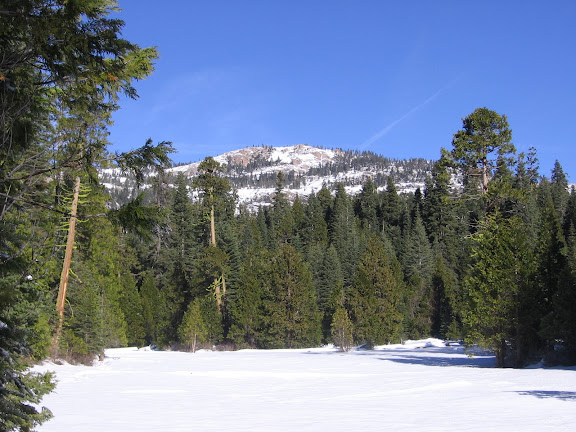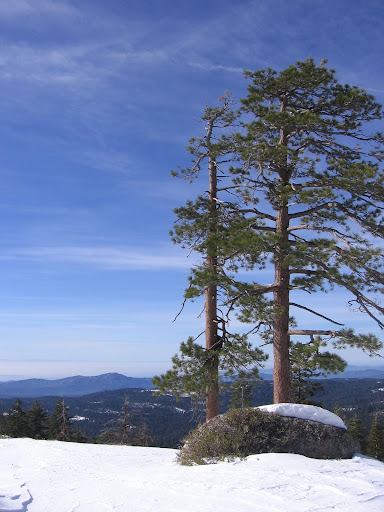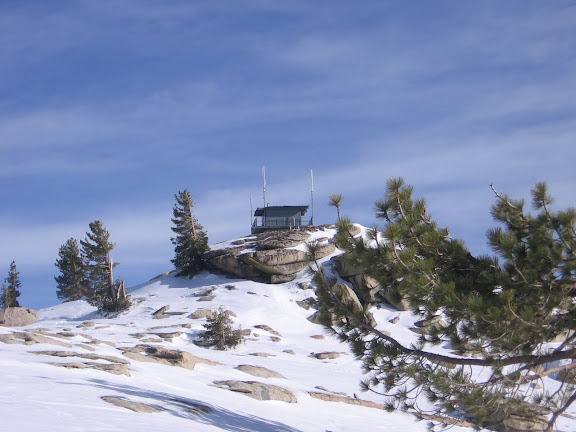And there's a thousand exits between here and the state line
About the last time that I saw you
You said, 'Call me Pandora, call me a fool'
I'm thinking this view, it could do you some good
So drop these scales and take a look
There's 40 acres and redemption to be found
Just along down the way
There is a place where no plow blade has turned the ground
And you will turn it over, 'cause out here hope remains
Out here the Texas sky is as big as the sea
And you're alone in your room like an island floating free
Your spirit's hanging in a bottle out on a tree
You say that you're the black sheep - I say you're still family
So throw that bottle to the waves
They'll bring you in to me, and from the shore, you will see
There's 40 acres and redemption to be found
Just along down the way
There is a place where no plow blade has turned the ground
And you will turn it over, 'cause out here hope remains
Out here the Texas rain is the hardest I've ever seen
It'll wash your house away
But It'll also make you clean
Now these rocks they are crying too
And this whole land is calling out for you
There's 40 acres...
(-Caedmon's Call)
About the last time that I saw you
You said, 'Call me Pandora, call me a fool'
I'm thinking this view, it could do you some good
So drop these scales and take a look
There's 40 acres and redemption to be found
Just along down the way
There is a place where no plow blade has turned the ground
And you will turn it over, 'cause out here hope remains
Out here the Texas sky is as big as the sea
And you're alone in your room like an island floating free
Your spirit's hanging in a bottle out on a tree
You say that you're the black sheep - I say you're still family
So throw that bottle to the waves
They'll bring you in to me, and from the shore, you will see
There's 40 acres and redemption to be found
Just along down the way
There is a place where no plow blade has turned the ground
And you will turn it over, 'cause out here hope remains
Out here the Texas rain is the hardest I've ever seen
It'll wash your house away
But It'll also make you clean
Now these rocks they are crying too
And this whole land is calling out for you
There's 40 acres...
(-Caedmon's Call)













